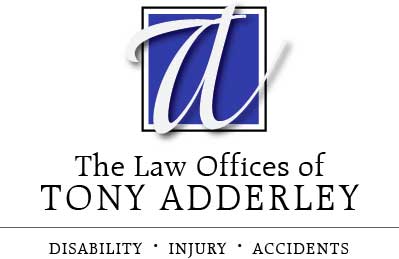Since worker’s compensation is something that can be a major help to a person who is ever injured while on the job, anyone who is employed by a business should understand what the employer’s responsibilities are in the matter. Knowing what is required of employers can help employees understand the process of filing a worker’s compensation claim and can help them make sure that they are treated as the law requires. If an employer fails to do its part to facilitate the claims process, or if an employer is illegally operating without worker’s compensation coverage, a worker’s compensation attorney should be contacted for advice.
When an Injury is Reported
As soon as a workplace injury is reported, the employer has one working day to present the injured victim with a worker’s compensation claim form to fill out. One copy of the completed claim form must be returned to the injured employee, and another forwarded, along with the employer’s report of occupational injury or illness, to the claims administrator assigned to the employer within one working day of receiving the completed form from the injured employee. Also within one working day of receiving the completed claim form from the injured employee, the employer must authorize an amount of up to $10,000 for the injured victim to use for appropriate medical treatment.
When appropriate, the employer must also provide transitional work / light duty for the injured employee to perform while he or she is healing – if no transitional or light duty work exists, then the employer is not allowed to force the victim to work.
When an Employer Fails to Perform
In the unfortunate event that an employer fails to perform as required by worker’s compensation regulations, either by failing to deliver the appropriate forms, failing to authorize up to $10,000 for medical treatment, or failing to provide transitional / light work, then the injured employee should contact an experienced worker’s compensation attorney immediately – in fact, it would be in the injured employee’s best interests to secure a worker’s compensation attorney as soon following an accident as possible, so the attorney can do the job of ensuring that all parties involved, including employer and insurance provider, perform as they are required under the law.
Dealing with Insurance Companies
At some point on the path to worker’s compensation benefits, the involvement of the employer will become minimal, and the injured employee will deal mostly with the employer’s insurance company. No matter how helpful an employer may have been in a matter, the insurance company will not likely be in a hurry to pay out compensation, and will try just about any legal tactic in order to minimize the amount of compensation that it is required to pay. This is another reason why a worker’s compensation attorney should be secured. An attorney with experience in worker’s compensation law can represent the interests of the injured worker to make sure that he or she is not taken advantage of by an insurance company more concerned with the bottom line than with helping an injured worker when the worker needs it.

